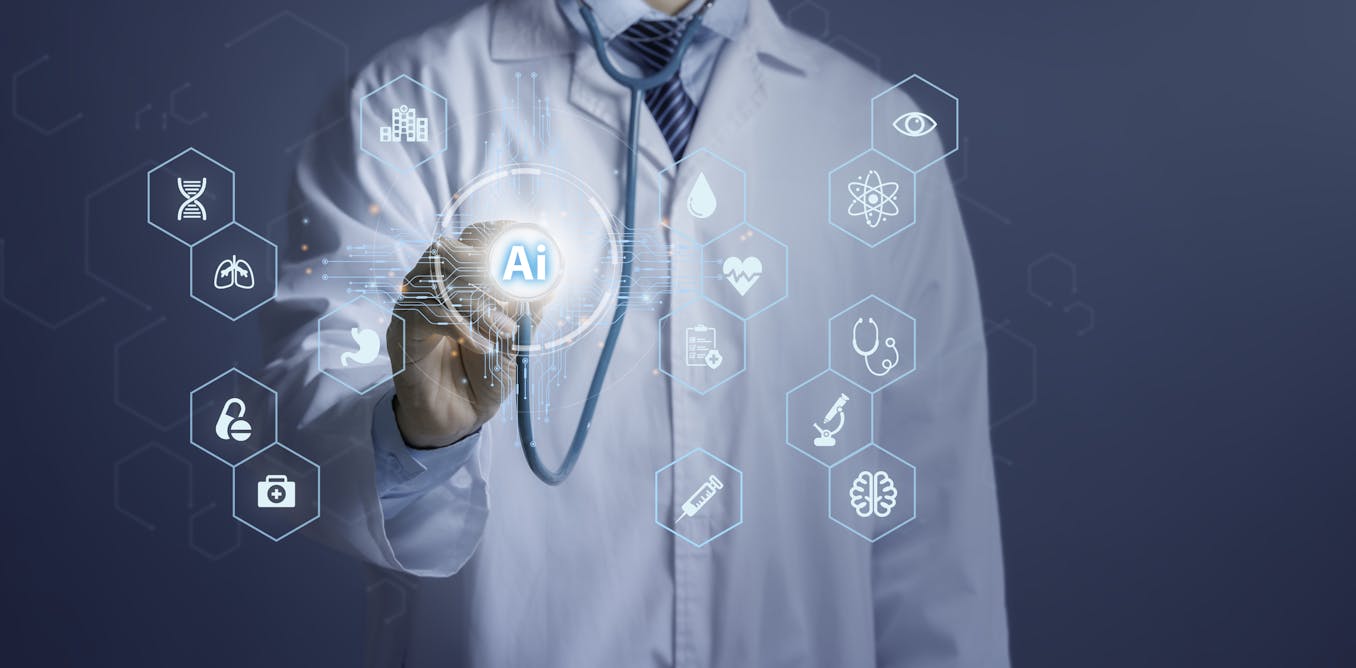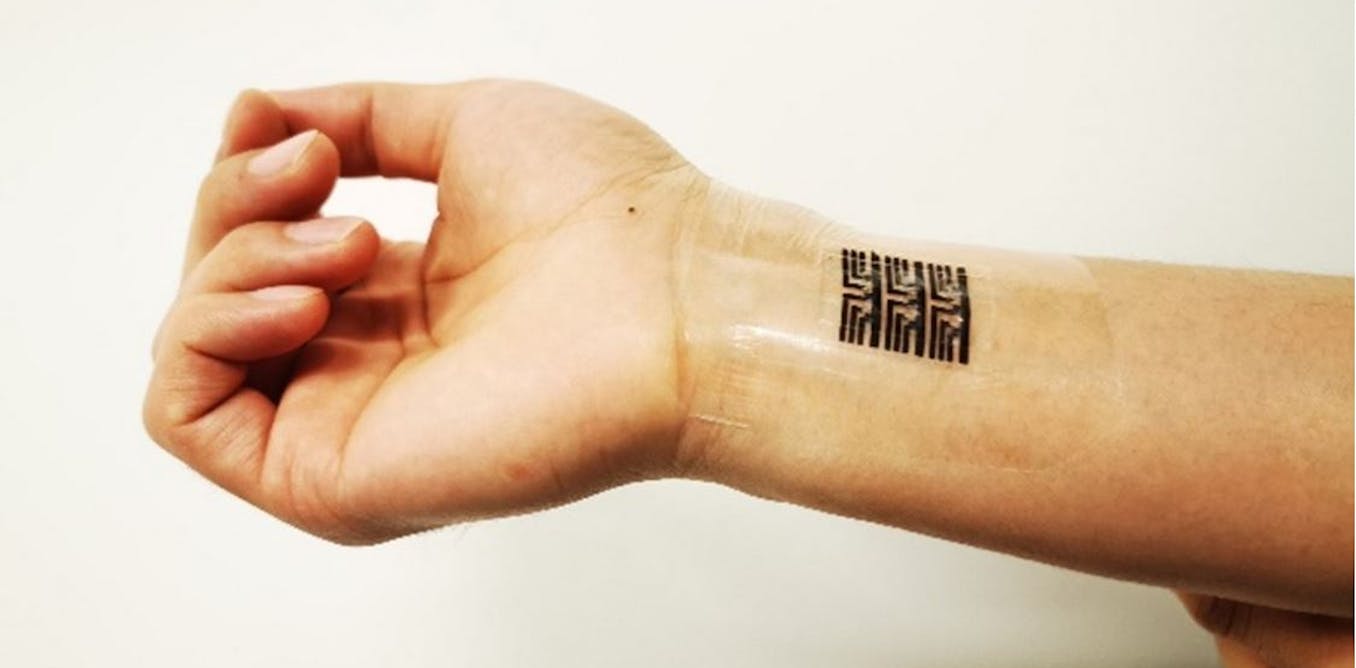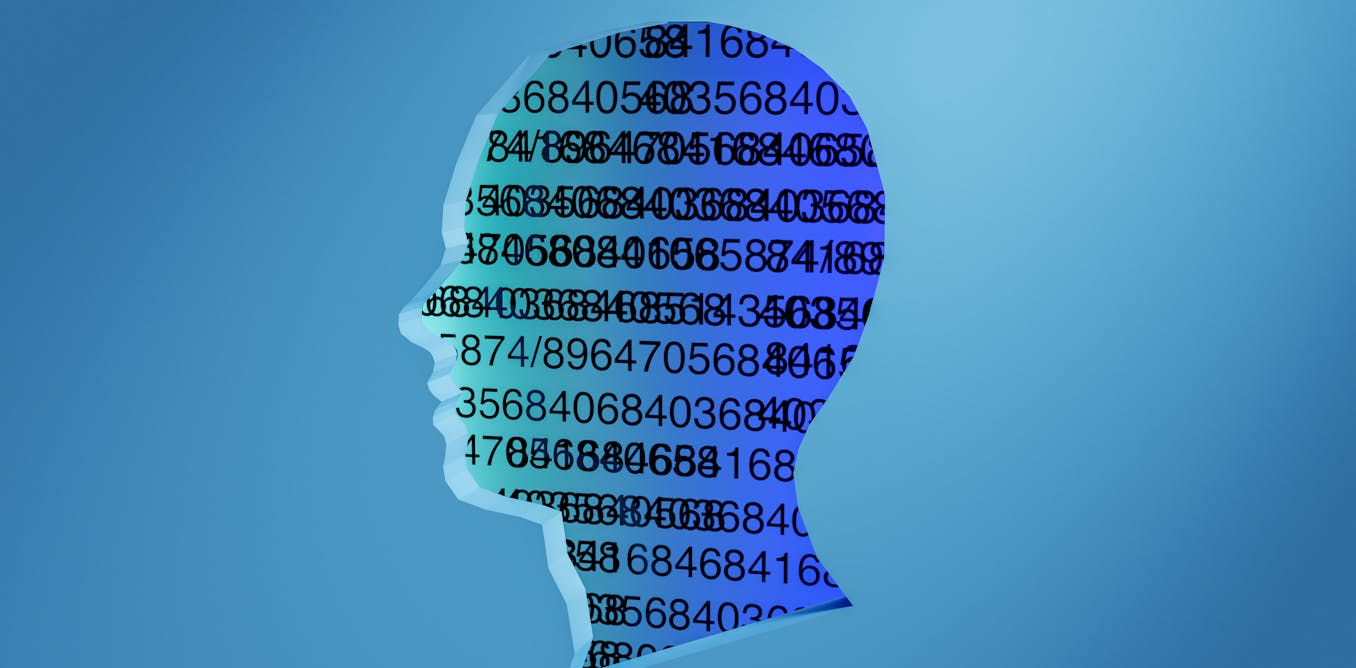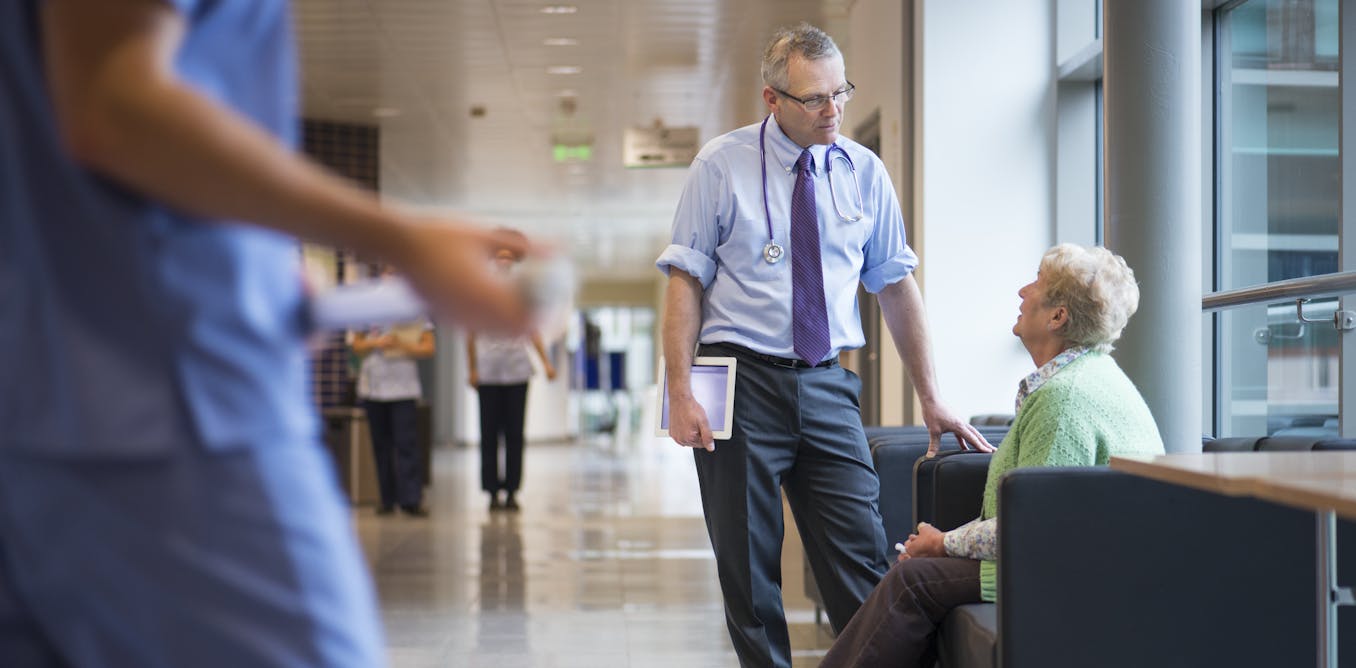From anecdotes to AI tools, how doctors make medical decisions is evolving with technology
Doctors have an overwhelming amount of individual patient data and medical research at their disposal to make diagnoses and treatment plans.
Jan. 10, 2025 • ~11 min







